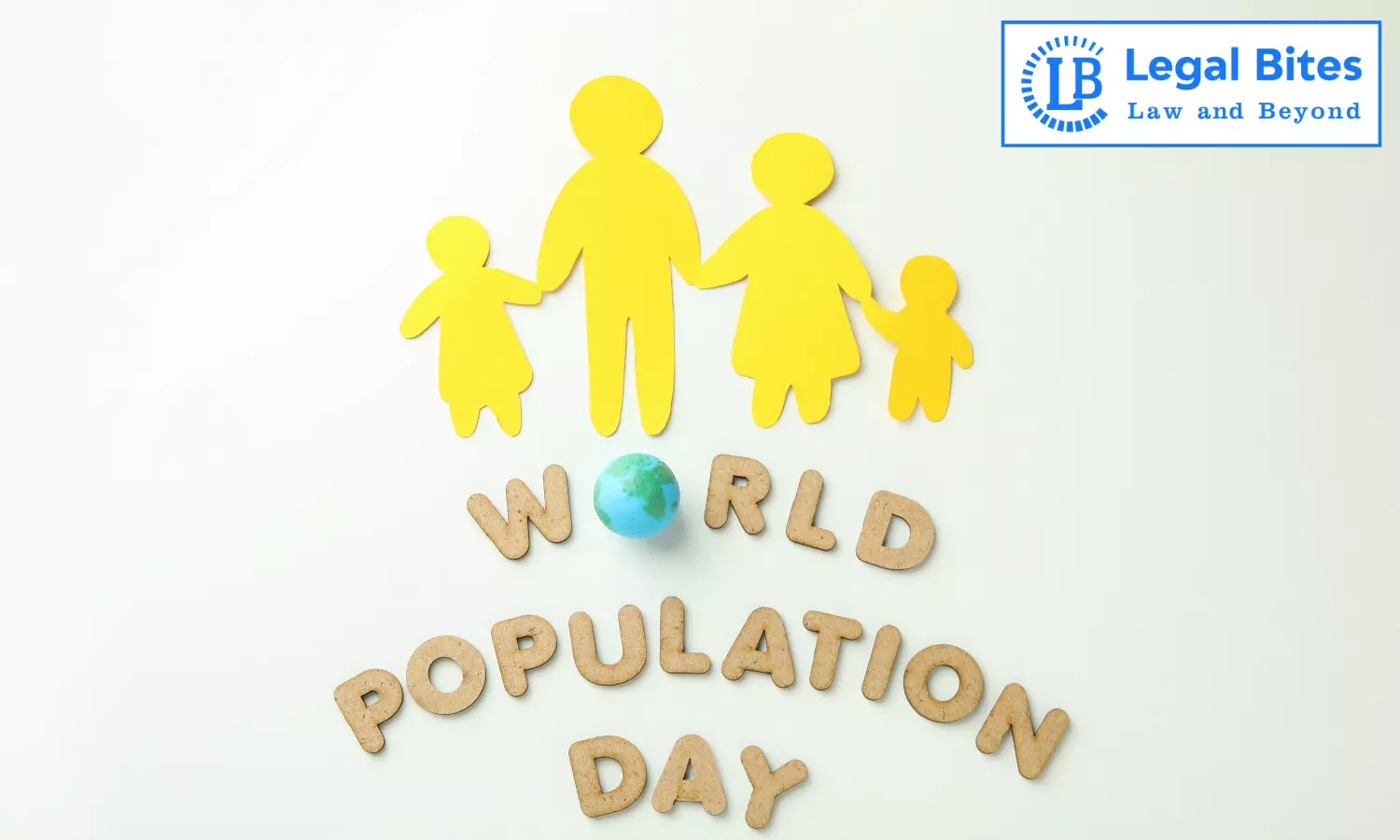World Population Day 2023 (11th July) | All You Need to Know
The article 'World Population Day' aims to raise awareness about various population issues and their impact on development and sustainability.

The article 'World Population Day' aims to raise awareness about various population issues and their impact on development and sustainability. World Population Day is an annual event observed on July 11th to raise awareness about global population issues.
Here's All You Need to Know About World Population Day
Background: World Population Day was established by the United Nations (UN) in 1989. The date was chosen to coincide with the approximate day when the global population reached five billion people, which occurred on July 11th, 1987.
Purpose: The primary goal of World Population Day is to draw attention to population-related issues and their implications for individuals, communities, and nations. It provides an opportunity to focus on the importance of population trends, reproductive health, gender equality, and sustainable development.
Theme: Each year, World Population Day revolves around a specific theme that highlights a particular aspect of population dynamics. The chosen theme guides the discussions, campaigns, and initiatives undertaken on this day. The themes can vary from year to year but are always linked to population-related challenges.
Key issues: World Population Day addresses several crucial issues, including:
a. Overpopulation: The rapid increase in the global population has significant consequences for resource consumption, environmental degradation, and socio-economic development. Addressing overpopulation is crucial for achieving sustainable development goals.
b. Reproductive Health: World Population Day emphasizes the importance of reproductive health rights and services. It promotes access to family planning methods, reproductive healthcare, and education about sexual and reproductive health.
c. Gender Equality: The day focuses on gender equality and women's empowerment, highlighting the need for equal rights, opportunities, and access to resources. Addressing gender disparities is essential for sustainable population management.
d. Youth Empowerment: Recognizing the importance of young people in shaping the future, World Population Day highlights issues related to youth empowerment, education, and employment opportunities.
Global Initiatives
On World Population Day, various organizations, governments, and communities undertake initiatives to raise awareness, educate the public, and encourage action on population-related challenges. These initiatives include seminars, conferences, workshops, public campaigns, and media events.
Sustainable Development Goals (SDGs): World Population Day aligns with the United Nations' Sustainable Development Goals, specifically Goal 3 (Good Health and Well-being), Goal 4 (Quality Education), Goal 5 (Gender Equality), Goal 10 (Reduced Inequalities), and Goal 17 (Partnerships for the Goals).
Population Statistics: World Population Day provides an opportunity to reflect on global population trends. It is a time to acknowledge the challenges posed by population growth, ageing populations, urbanization, and migration patterns. The day encourages data-driven discussions and evidence-based policymaking.
Impact of World Population Day on Development and Sustainability
Poverty Alleviation: High population growth rates, particularly in developing countries, can put a strain on resources and exacerbate poverty. Addressing population issues through education, healthcare, and economic empowerment can help break the cycle of poverty and create sustainable livelihoods.
Environmental Impact: Rapid population growth contributes to increased demand for natural resources and energy, leading to environmental degradation, deforestation, and climate change. Promoting sustainable consumption and production patterns is essential to ensure a healthy environment for future generations.
Urbanization Challenges: The growth of urban populations presents challenges in terms of providing adequate infrastructure, housing, healthcare, and other essential services. Addressing these challenges requires sustainable urban planning, efficient resource management, and inclusive development policies.
Remember, World Population Day serves as a reminder that population dynamics have far-reaching implications for our planet's future. By addressing population-related challenges, promoting reproductive health, and advocating for sustainable development, we can work towards a more equitable and prosperous world

